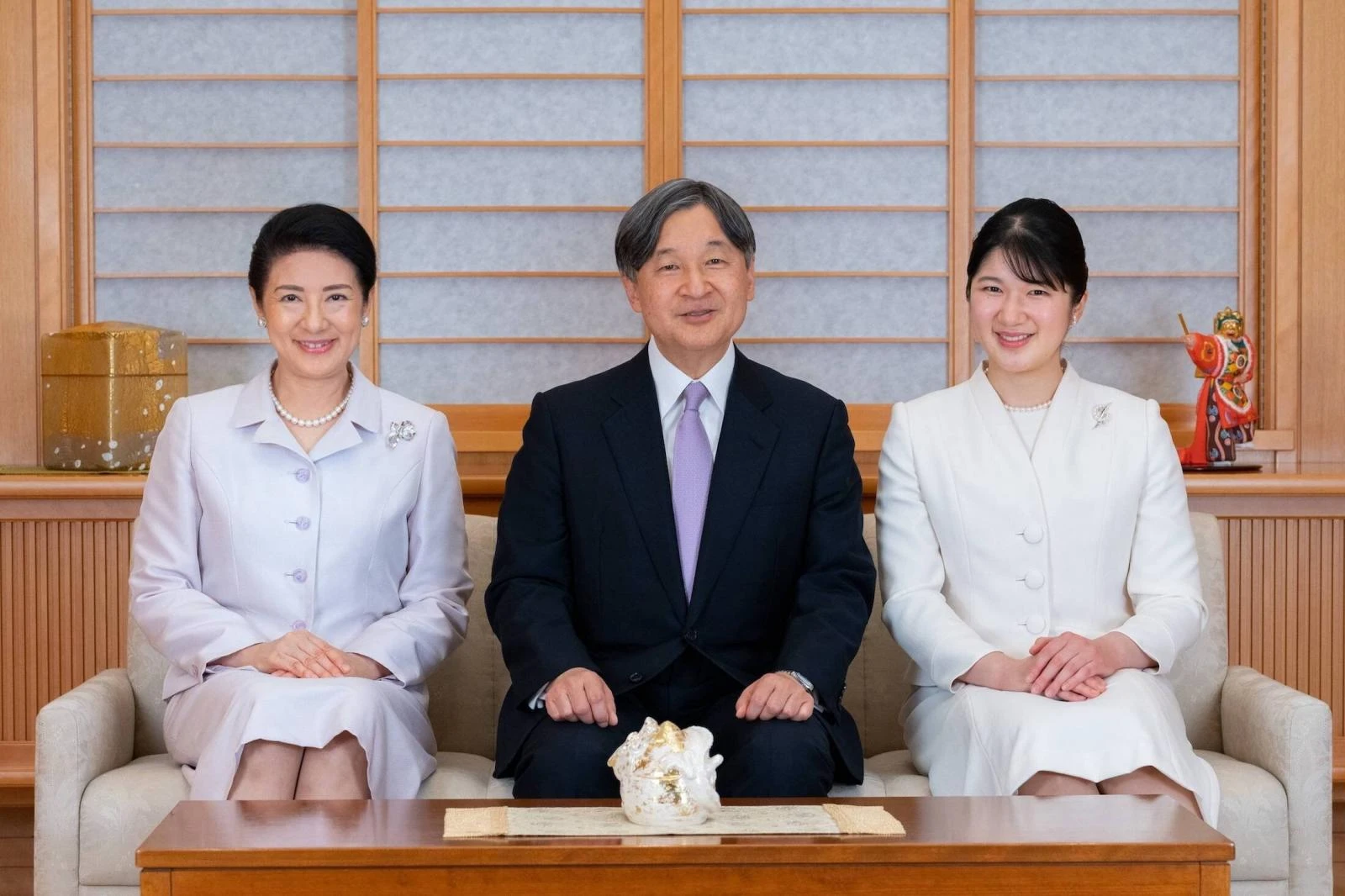Japan has filed a complaint with a UN committee calling for gender equality in the succession



Erdogan stated that Ankara is doing everything to achieve peace in the Middle East
Saudi Arabia condemned Iran's attack on the US embassy in Riyadh
Araghchi called the assassination of Khamenei an attack against the principles of international law
Iran hits Israel with cluster munitions (video)
Iran attacked military facilities in Iraq and Jordan
Photos of the murdered Khamenei's residence published (Photoshare)
Explosions thundered again in Tehran
The granddaughter of Khamenei, who was killed yesterday, was only 14 months old (Photo)
The office of former Iranian President Ahmadinejad denied the news of his death
Our forces are now delivering intense attacks to the heart of Tehran, and this will only intensify in the coming days. Netanyahu
IHPK. Iran shot down the American aircraft carrier USS Abraham Lincoln with four missiles
Iran's supreme leader Ayatollah Ali Khamenei was killed, his body was found. BBC:
It is necessary to respect the sovereignty, security and territorial integrity of Iran. Foreign Ministry of China
About 5,000 people are waiting for a flight at Dubai airport
As a result of the rocket attack on the school in Iran, the number of victims has exceeded 50
Almost all officials are alive. Aragchi
The conflict between Iran and Israel reaches an explosive threshold (video)
There is no confirmed official information about the death of Iran's spiritual leader. Iranologist
Iran's Foreign Minister promised that the attack on the school will not go unanswered
Lavrov talked with the Foreign Minister of Iran